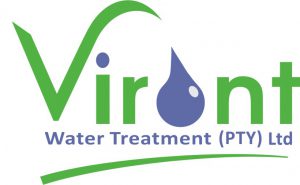PROBAC Animal Testing Policy 

The Brand PROBAC is wholly owned by South African company Soft Chemical Laboratories, based in Durban, South Africa.
The company hereby attests and confirms that no animal testing is undertaken whatsoever by Soft Chemical Laboratories.
However, various components that are blended to produce the various final products that make
up the PROBAC product range have previously undergone animal testing to ensure safety to
animals and humans and the environment. This testing was undertaken by the producers of the
raw materials in the R&D phase, and is a legal requirement to ensure safety and allow for use in
the country of origin as well as for commercial export, thereby satisfying international shipping
regulations. This was especially relevant in the importing of the main active ingredients, which is
the live cultures of micro-organisms. These have been categorised as Class 1 Micro-organisms, safe
for international export and import, without which this brilliant technology would be unavailable
globally.
In all the raw materials used to produce the final PROBAC product, we have sought and acquired
assurances from the relevant producers that there is no further ongoing animal testing on the
materials used.
We are very mindful of the issues around animal testing and the company and its owners are
proponents of anti-animal testing, most vigorously in the case of vanity and cosmetic products. In
the case of PROBAC, which is the culmination of a highly scientific endeavour, the company and its
owners acknowledge, and would like the general consumer and anti-animal testing community to
recognise, – that the prevalence and support of PROBAC technology and a cleaning product and
lifestyle choice has the potential to save the planet from pervasive chemical pollution of natural
environments, and thereby save threatened species from extinction. Additionally, recent testing of
this technology in hospitals – as per two papers published in Plos 1 and the Journal of
Microbiology – prove reduction of prevalence of hospital acquired infections (MRSA) by 85%,
compared to traditional disinfection cleaning applications.
